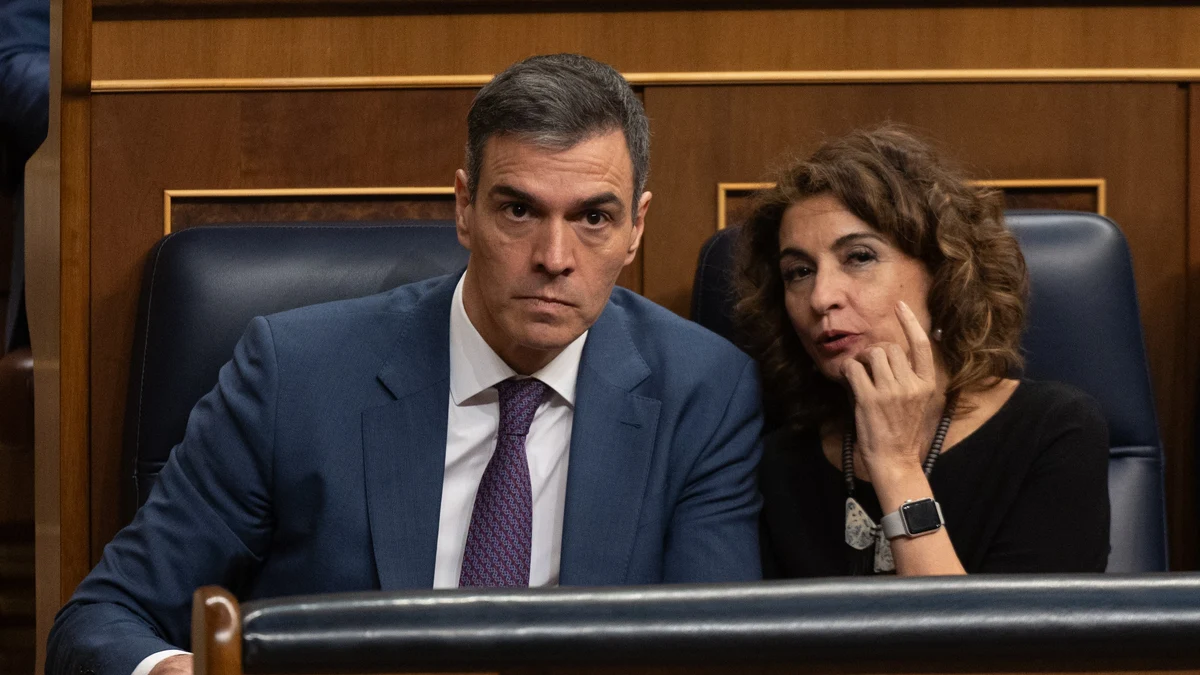The Romanian Wind Energy Association (RWEA) and the Romanian Photovoltaic Industry Association (RPIA), representing manufacturers, developers, service providers and equipment suppliers in the renewable energy sector, with a total installed power of over 5.5 GW, urgently request the authorities to ensure a framework predictable legislation to allow fair market access for all electricity production projects.
“In the last period, we observe with concern in the public space statements from the representatives of some of the authorities and entities involved in the management of the energy system to deliberately limit the development of the capacities for the production of energy from renewable sources (SRE) based on unjustified assumptions,” a release from RWEA and RPIA shows.
“At the moment, grid connection is one of the main problems facing the industry, as a result of both legislative, bureaucratic and funding barriers, as well as the insufficient development of transmission and distribution networks, as identified by the study carried out by The Competition Council and ANRE. In this context, where connecting to the grid is already a difficult process, any changes aimed at slowing down the pace of development may ultimately lead to the halting of investment in the sector. We reiterate that by 2030, Romania must add at least 15 GW of photovoltaic and wind energy projects to the energy mix in order to align with the targets assumed at the European level.
One of the main arguments for limiting the development of SRE projects is the additional pressure on the network generated by the considerable number of GWs at different stages of the approval process. However, we cannot really talk about a problem caused by photovoltaic and wind projects – and here we emphasize that we are talking about projects, not production capacities in operation – which, if they will reach the construction phase , will pay for all the necessary works for network access from their own funds. To manage this situation, the profile associations representative of the renewable industry, RWEA and RPIA, have repeatedly proposed the introduction of measures that lead to a competitive market, based on clear criteria for access to the network – and here we only list the introduction of guarantees for connection to the network, the transparency of the connection procedures and the updating of the current situation.
RES development is a competitive process involving a number of factors, such as economic considerations, land availability, environmental impact and securing grid connection, against the backdrop of an unpredictable legislative framework. As a result, the number of GW in the approvals is not an indicator of the projects that will be built and operational, which is also evident from the similar situation encountered during the development period of the early 2010s.
Renewable energy is the main pillar of decarbonisation, with a significant contribution to the national economy, estimated by RWEA and RPIA for the period 2020-2023 at over 200 million euros only from the fees paid in the various stages of the approval process, to which is added a net profit of 1.3 million euros for every 1 million euros invested in the sector and an immeasurable contribution to energy security, both nationally and regionally, by supplying energy to the Republic of Moldova and Ukraine. In order to capitalize on the benefits of the energy transition, it is necessary for Romania to adopt a flexible and decentralized model, as is already happening at the European level, not to maintain this rigid model, which affects all the actors involved, from developers to TSOs, ODs and, including, at final consumers.”





